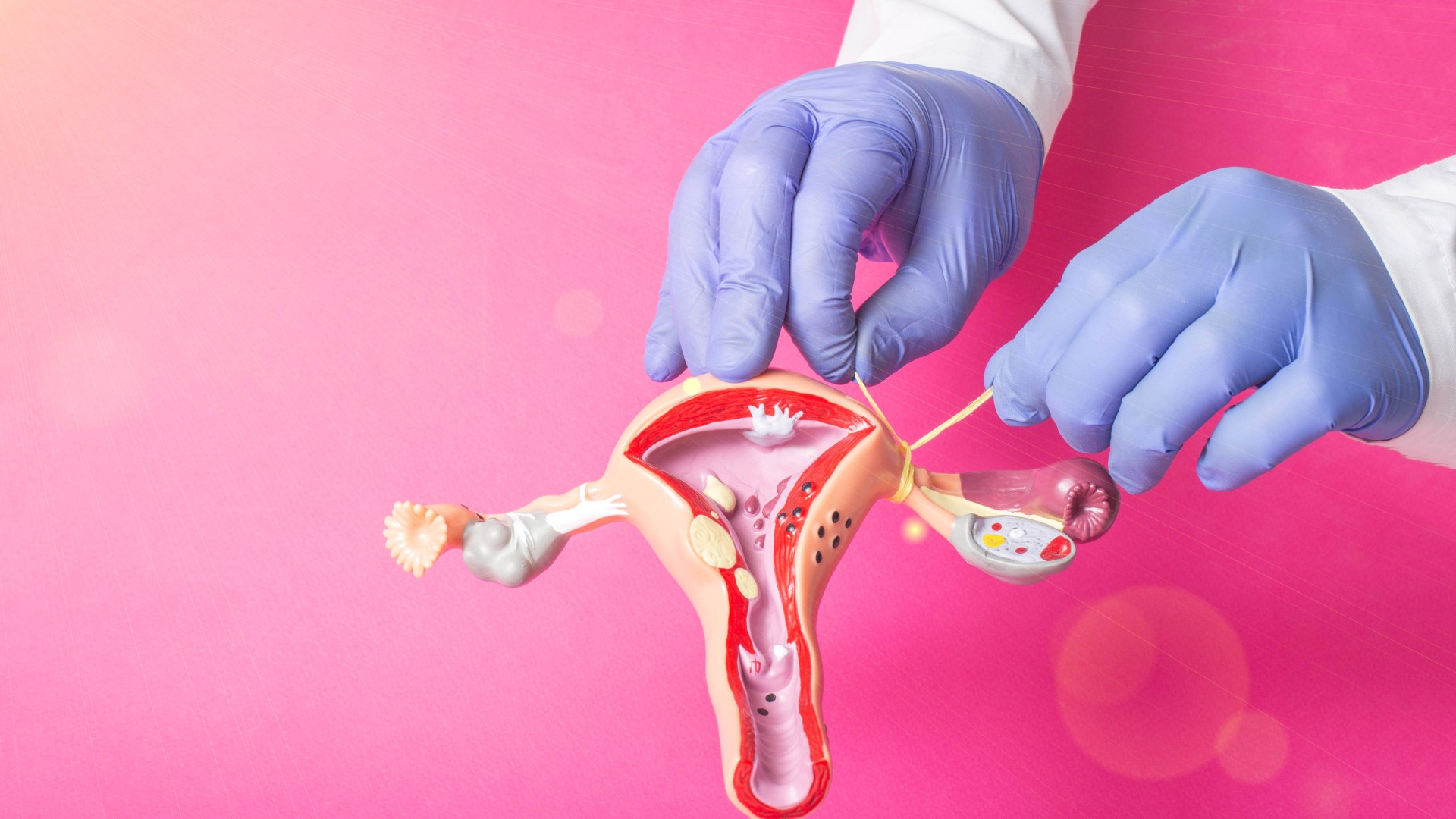More women opted for sterilization after Roe was overturned
New research shows that the trend is especially high in states where abortion was banned


A free daily email with the biggest news stories of the day – and the best features from TheWeek.com
You are now subscribed
Your newsletter sign-up was successful
In the months since the Supreme Court overturned the constitutional protection of abortion access, many states have passed laws restricting or outright banning the procedure. New research suggests that women are increasingly turning to sterilization as a means of contraception, especially in states where abortions are banned.
Tubal ligations on the rise
A study published this month showed that more women were electing to have tubal ligations, colloquially known as getting your tubes tied, during the six months following the overturning of Roe v. Wade in June 2022. The research recently published in the Journal of the American Medical Association (JAMA) examined private insurance claims from 2021 and 2022 for around 4.8 million women across 36 states and Washington, D.C., who received the sterilization procedure. The surgery involves permanently closing the fallopian tubes so that the patient can no longer get pregnant.
The researchers categorized the states as "banned," "limited" or "protected," based on their abortion policies. In the 18 months before the Dobbs decision, the rate of tubal ligations remained steady in all three groups. However, in the six months after June 2022, the number of sterilization procedures for women increased in all three groups. The rise was "most pronounced in states that effectively banned abortion, where sterilizations rose 39% by December 2022," said The New York Times. During the period they studied, the number of tubal ligations rose by 3% every month in banned states. The results suggest that overturning Roe v. Wade affected not only abortion access but "decisions women are making about contraception as well," Xiao Xu, an associate professor of reproductive sciences at Columbia University and the study's lead author, said to the outlet.
The Week
Escape your echo chamber. Get the facts behind the news, plus analysis from multiple perspectives.

Sign up for The Week's Free Newsletters
From our morning news briefing to a weekly Good News Newsletter, get the best of The Week delivered directly to your inbox.
From our morning news briefing to a weekly Good News Newsletter, get the best of The Week delivered directly to your inbox.
The research letter is the latest study to find a rise in sterilization after the Supreme Court's decision. A study published in April in JAMA Health Forum found an abrupt spike in sterilization procedures among young adults aged 18 to 30. While the rate of both tubal libations and vasectomies increased rapidly, the rate of women getting their tubes tied was twice as high.
Proof of 'fear and anxiety around the ruling'
Jacqueline Ellison, an assistant professor at the University of Pittsburgh's School of Public Health and the lead author of the April study, said the findings illuminate essential questions about how people have responded to the ruling. The data suggests that people are "experiencing fear and anxiety around the ruling," she said to the Times, "either for their ability to get an abortion or even to access contraception in the future." She noted that the data from the latest study had limitations, as it did not look at federal and state-funded health insurance recipients or the uninsured. Women with private insurance "probably are not the population that is going to experience the worst consequences of Dobbs," Ellison said.
While the scope of the latest research letter is small, it is important to continue to study tubal ligations "because it is an irreversible method of contraception," Xiao Xu, the September study lead author, said to Gizmodo. There is the risk that some may regret their decision. And while it is considered a "very safe procedure," it is still a surgery and "has potential risks for surgical complications."
A free daily email with the biggest news stories of the day – and the best features from TheWeek.com
Theara Coleman has worked as a staff writer at The Week since September 2022. She frequently writes about technology, education, literature and general news. She was previously a contributing writer and assistant editor at Honeysuckle Magazine, where she covered racial politics and cannabis industry news.
